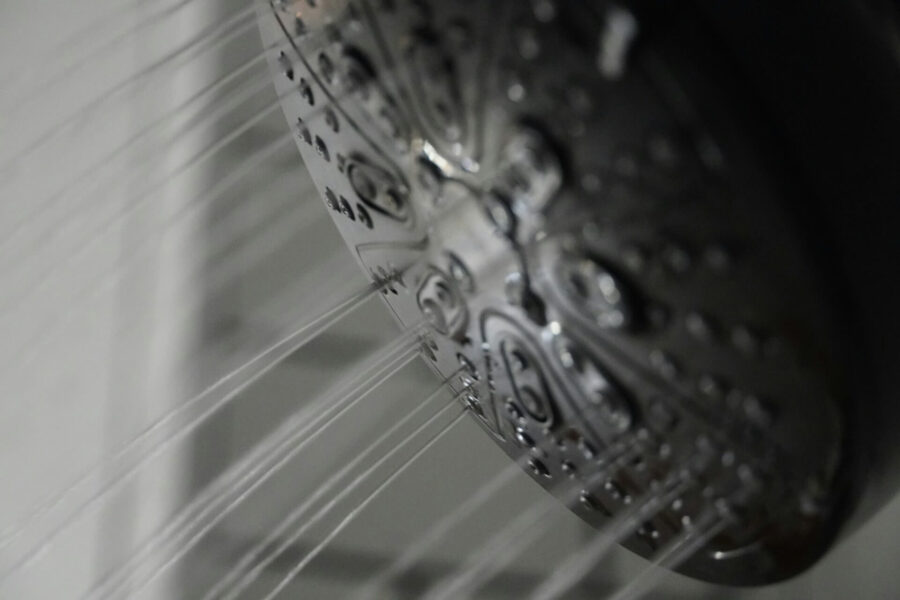When a company owes a party money, one option open to it might be to issue a winding up petition against the debtor company.
The law permits a creditor to petition the court for the winding up of a company if that company owes them money (£750 or more). It is a prerequisite that the creditor must be able to show that the company is unable to pay its debts. One way of demonstrating this is where the company has failed to respond to a statutory demand.
Where a company is subject to a creditor’s winding up petition it is obvious that it can cause that company significant harm – both financially and reputationally.
In circumstances where there are valid grounds to dispute a debt, it may be open to the respondent company to apply to the Court for an injunction preventing the winding up petition being advertised (see r 7.24 of the Insolvency (England & Wales) Rules 2016). This would then, if successful, prevent the winding up petition from entering the public domain.
Background
A summary of the facts of this case is as follows:
- The applicant, Just Trays Limited, is a manufacturer of shower trays. The respondent, Emu Products Limited, is a company that for over 3 years supplied Just Trays with various materials used by Just Trays in the manufacture. Over the above period, Emu Products invoiced Just Trays for sums totalling almost £940,000. This sum was not paid, and Emu Products then served a statutory demand.
- A dispute arose concerning the relationship between Just Trays and Emu Products following the acquisition of Just Trays by Brand K. Mr. Haigh, who had been employed by Just Trays since 2014, became managing director in October 2019 following Brand K’s acquisition. In May 2019, he had also become a director of Emu Products.
- One of the key points in the dispute was whether there had been a discussion between Mr. Norford, the director of Brand K, and Mr. Haigh, regarding the existence of Emu Products and Mr. Haigh’s directorship. Mr. Haigh claimed he informed Mr. Norford about Emu Products and their business relationship and that they reached an agreement allowing Just Trays to use Emu Products as an alternative supplier. On the other hand, Mr. Norford vehemently denied ever having such a conversation or being aware of Mr. Haigh’s involvement with Emu Products. He also denied having any knowledge of Just Trays using Emu Products as a supplier. Mr. Norford’s stance was that he only discovered these facts after expressing concerns about the declining financial and operational performance of Just Trays.
- Consequently, Mr. Norford’s claim was that Mr. Haigh had manufactured a situation whereby he was making a secret profit and in doing so he was in breach of the directors’ duties he owed to Just Trays. Emu Products had not been involved in the production of the materials in question but had made arrangements for a third party to supply them to Just Trays. That third-party, at the request of Mr. Haigh, had then invoiced Emu Products, who in turn invoiced Just Trays charging an additional fee on top of the third-party’s invoice.
- Mr. Haigh disputed this on the basis that he was authorised by Just Trays to do what he did, and, in any event, Just Trays did not have the expertise, finance or ability to carry out the work done by Emu Products. He therefore argued that no conflict or breach arose.
The court was required to decide whether the debt sought by Emu Products was disputed on substantial grounds or whether a genuine cross-claim existed which either extinguished the debt or reduced it below £750.
The Court’s analysis
The judge confirmed that the test for either situation above is analogous to that for summary judgment – is there a real prospect of succeeding on the claim or successfully defending the claim. The Court should restrain the presentation of a winding up petition if there is a genuine triable issue. It is open to the Court to reject evidence because of its inherent implausibility or because it is either contradicted or not supported by the documents before the Court. The Court asked itself a number of questions, including:
- Is the statutory demand based on a legal debt?
- Was there an arguable breach of fiduciary duty by Mr. Haigh or any breach of his statutory directors’ duties?
- Was there a realistic and genuine cross-claim for secret profits, misuse of confidential information, corporate opportunities and/or conspiracy against either Emu Products and/or Mr. Haigh?
- Was there a genuine potential cross – claim under the Sale of Goods Act 1979 for the supply of defective material by Emu Products?
In granting Just Tray’s application, the Court found that:
- There was plainly a triable issue and a real prospect of Just Trays successfully persuading the court that the conversation that Mr. Haigh relied upon had never taken place.
- There was a real prospect on the evidence that Just Trays could successfully argue that the use and assistance of Emu Products in the supply of materials was not necessary – in this respect, the judge struggled to see how Mr. Haigh could not have used his experience and contacts and done exactly the same work in his capacity as director of Just Trays rather than diverting such work to Emu Products.
- The precise contractual relationship between Just Trays and Emu Products was “opaque at best”.
- A number of issues could not be properly considered without full disclosure from Emu Products.
- Given that Mr. Haigh was the controlling mind of Emu Products, if he was acting in breach of his directors’ duties to Just Trays then this was inevitably known to Emu Products. As such, genuine cross-claims for breach of these duties existed.
- On the evidence, there was a real prospect that Just Trays could argue that the likely damages in respect of its various cross claims would exceed the debt claimed in the statutory demand.
Initial thoughts
The Court’s decision is useful confirmation of the test that will be applied if it is argued that a winding up petition should be restrained on the basis that the debt in question is disputed on substantial grounds or because genuine cross-claims exist.
A winding up petition (or threat of) can be a very useful tool for the recovery of debts in certain circumstances, however, in the event that the debt is disputed or a cross-claim is asserted, it is vital to properly assess the merits of the defence raised and/or the cross-claim before a winding up petition is issued. As in this case, the creditor could otherwise find itself on the receiving end of an application to restrain the advertisement of the petition and potentially a hefty costs order if that application succeeds.
If you need additional information or support in your situation, our specialist insolvency litigation team can help. Get in touch with our team of expert lawyers for bespoke advice.




